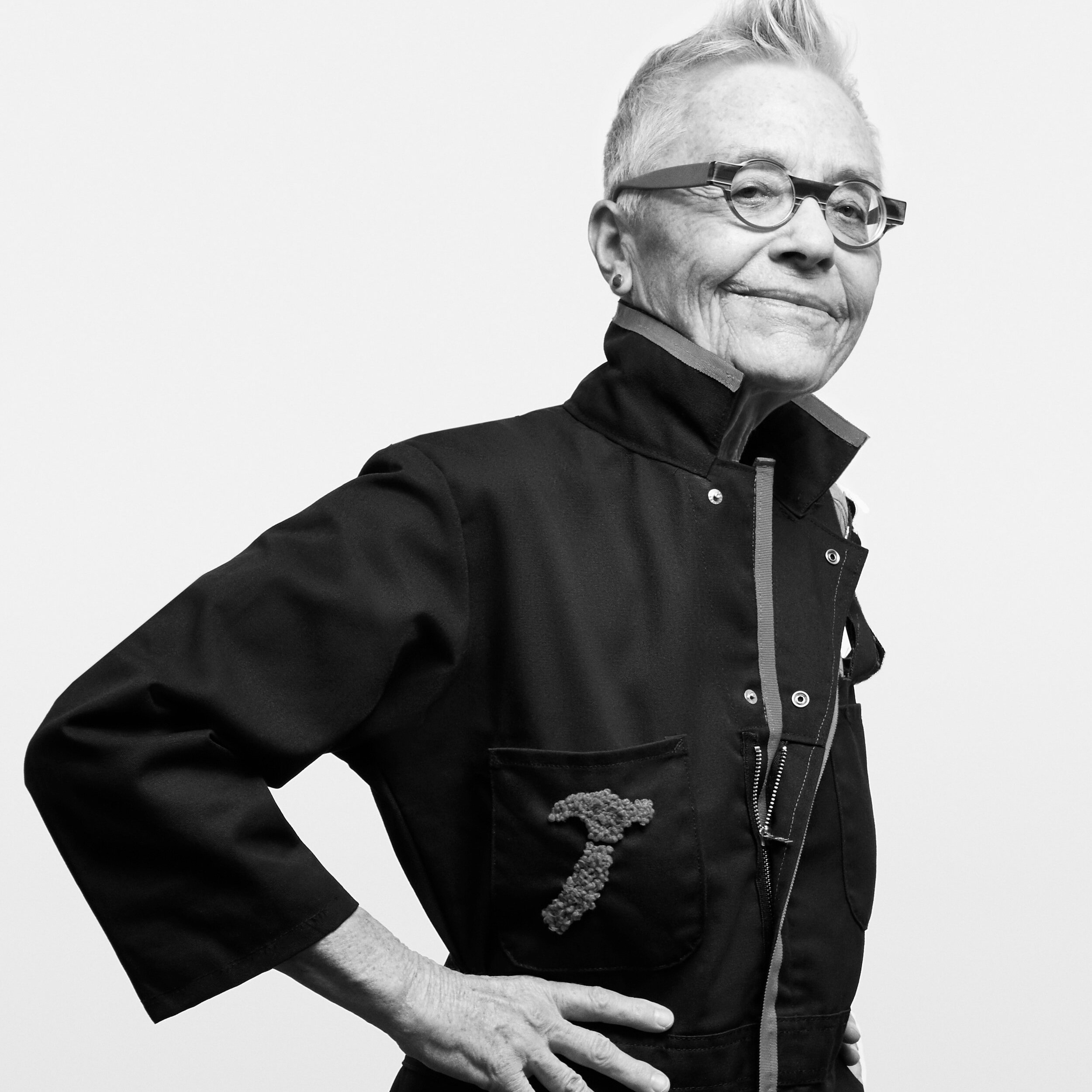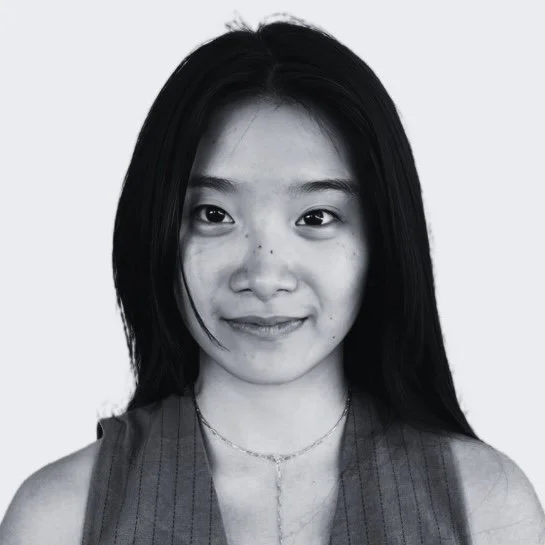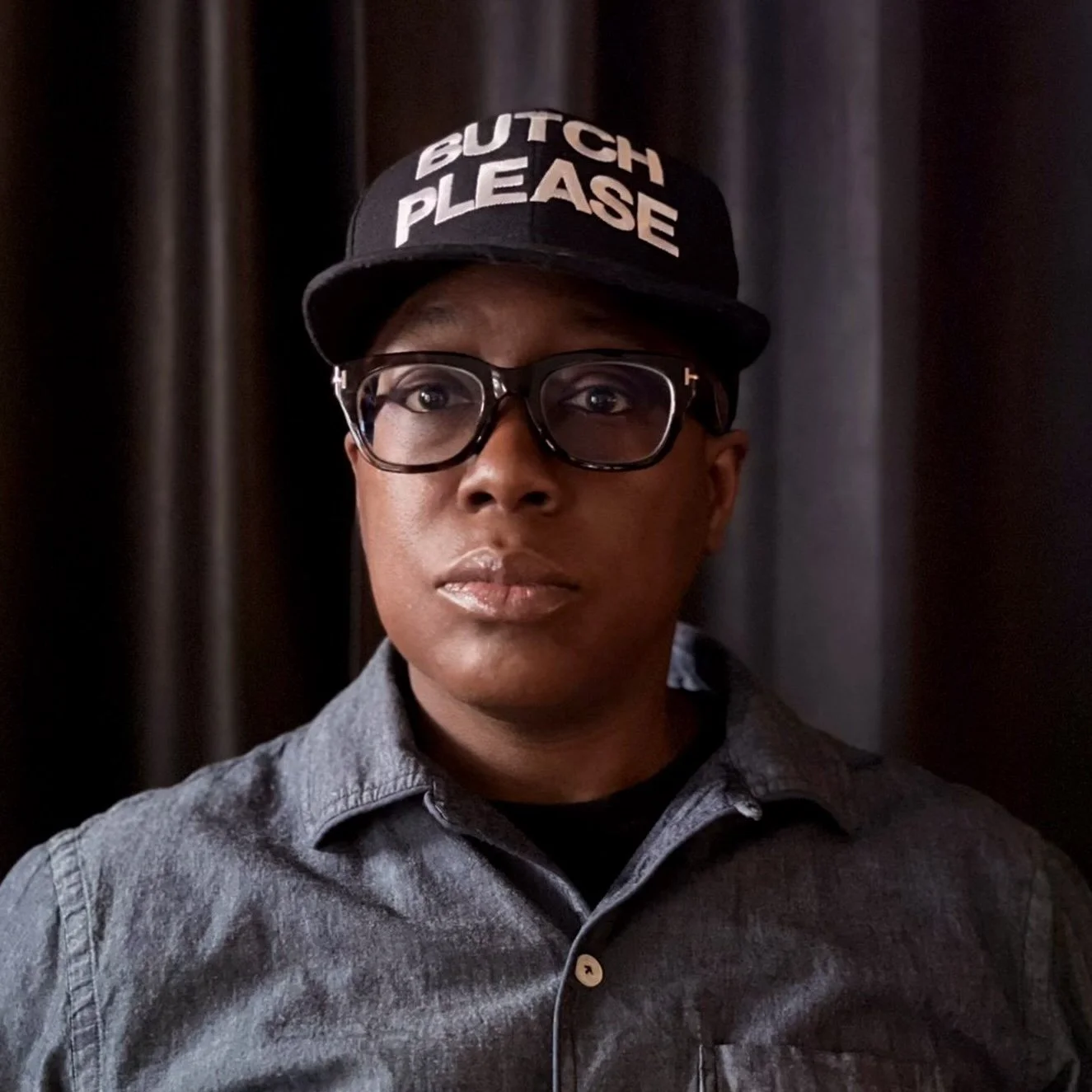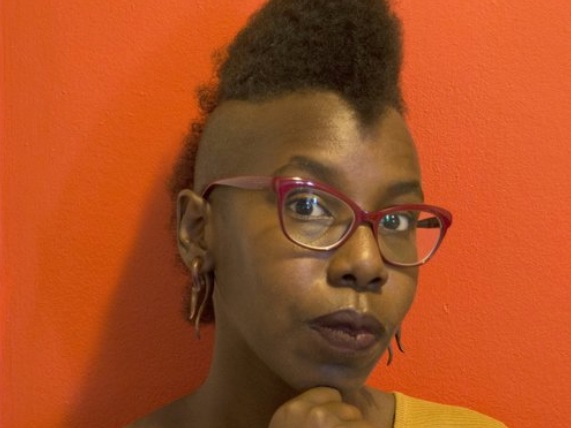The Barbara Hammer Lesbian Experimental Filmmaking Grant is an annual grant that will be awarded to self-identified lesbians for making visionary moving-image art.
“It has been the goal of my life to put a lesbian lifestyle on the screen. Why? Because when I started I couldn’t find any! ...I picked up a camera in the 60s, late 60s, made Super 8, 8mm, finally went to school and got a 16mm camera. Made 13 films in two and a half years. All experimental. Because I think that as a lesbian at that time I was living an experimental lifestyle. Well let’s just say, I was experimenting. And I still am. And I think that lesbian film really calls out for experimental work. ...Working as a lesbian filmmaker in the 70s wasn’t easy in the social structure — the educational institution that I was in. It was difficult. And I want this grant to make it easier for lesbians of today. So you can make work that you want to make.”
— Barbara Hammer
ABOUT
The Barbara Hammer Lesbian Experimental Filmmaking Grant is an annual grant awarded to lesbians for making visionary moving-image art. Work can be experimental animation, experimental documentary, experimental narrative, cross-genre, or solely experimental. Applicants must be based in the U.S. This grant was established by Hammer in 2017 to give needed support to moving-image art made by lesbians. The grant is supported directly by funds provided by Hammer’s estate and administered through Queer|Art by lesbians for lesbians, with a rotating panel of judges. The grant includes an award of $5,000, and a series of individual studio visits with QA staff members and the grant’s judges. This year’s judges include A.K. Burns, Ela Troyano, and Cheryl Dunye.
Applications for the Barbara Hammer Lesbian Experimental Filmmaking Grant were open from March 31st, 2025–July 2nd, 2025.
ALEXA BURRELL WINS SEVENTH ANNUAL BARBARA HAMMER LESBIAN EXPERIMENTAL FILMMAKING GRANT
Queer|Art is excited to announce the winner of the 2025 Barbara Hammer Lesbian Experimental Filmmaking Grant, Alexa Burrell. The San Francisco-based filmmaker will receive a $5,000 cash grant, as well as studio visits with judges and QA staff in support of their creative and professional development.
Burrell was selected among the record-high 190 applicants who applied for the Hammer Grant in its seventh year, winning for a project currently titled Fog Apocalypse, an Afrosurrealist fever dream where two Black inmates fall in love on Alcatraz, escape through a hidden portal, and return as shape-shifting fog spirits to protect the Bay.
Set against the backdrop of contemporary threats—specifically Trump’s stated desire to reactivate Alcatraz as a functioning prison—the film blurs timelines and realities, weaving archival footage, field recordings, and stylized performance into a layered, immersive experience. Fog becomes more than atmosphere—it is a metaphor for queer survival, Black ecologies, and the spectral afterlife of incarceration.
Drawing from Black and Indigenous cosmologies, Fog Apocalypse explores the aesthetics of hauntology, the ethics of queer ancestor reverence, and the emotional terrain of fugitivity. Rather than reenact history, the film speculates through it, centering intimacy, grief, and eroticism as transformative forces. This is not just a story of escape—it is a meditation on what it means to be remembered, to return, and to protect.
Alexa Burrell is a Black queer multidisciplinary artist based in the San Francisco Bay Area working in film, video, animation, sound, sculpture, and performance. Rooted in Afrosurrealist traditions, her practice explores Black ecologies, hauntology, and ambient aesthetics. Through time-based media, she engages the poetics of memory, myth, and intergenerational resilience—often weaving archival fragments, ritual, and speculative narrative. She is particularly interested in the intersection of physics and spirituality, inspired by systems theory to explore thresholds, frequencies, and relational dynamics across time and space. From 2016–2022, she was a core collaborator with House/Full of Blackwomen. Her work has been presented at Audium, Stanford, BAMPFA, Kala, and Gray Area. She is currently pursuing her MFA at Stanford University.
Upon receiving the award, Burrell remarks, "receiving the Barbara Hammer Award is a pivotal moment in my own path as a queer filmmaker- it ties my work to the generations who came before me and lets me hold the door open for future queer storytellers and representation. Barbara's legacy reminds me that making lesbian stories is an act of both care and defiance, and this grant affirms that my stories matter. It gives me the courage and vulnerability to complete the project while staying rooted in the lineage of queer artists who inspire me."
2025 BARBARA HAMMER GRANT FINALISTS
2025 HAMMER GRANT JUDGES
A.K. Burns is an interdisciplinary artist and associate professor in the Department of Art at Hunter College, City University of New York. Using video, installation, sculpture, drawing, and collaboration and working at the nexus of language and materiality, she/they trouble systems that assign value and explore their sociopolitical embodiment. Burns has exhibited internationally, including at 2018’s FRONT International, Cleveland, Ohio; the Harvard Art Museums, Cambridge, Massachusetts; Institute of Contemporary Art, University of Pennsylvania, Philadelphia; Julia Stoschek Foundation, Dusseldorf, Germany; MMK Museum of Modern Art, Frankfurt am Main, Germany; New Museum, New York; Palais de Tokyo, Paris; the Portland Institute for Contemporary Art, Portland, Oregon; and the Wexner Center for the Arts, Columbus, Ohio. She/they was a founding member of W.A.G.E. (Working Artists in the Greater Economy), a nonprofit artists’ advocacy group. Community Action Center (2010), a video made in collaboration with A.L. Steiner, which re-imagines pornographic cinema for queer womxn, and trans and nonbinary bodies, has screened internationally, including the Tate, London; and the Museum of Modern Art, New York. Burns is a 2023 Berlin Prize Fellow at the American Academy in Berlin; a 2021 Guggenheim Fellow; a 2016 Radcliffe Fellow at Harvard University, Cambridge, Massachusetts; and a 2015 Creative Capital Foundation Visual Arts Award Recipient.
Cheryl Dunye is a Liberian-American director, producer, and writer who emerged as part of the "queer new wave"of young filmmakers of the 1990s. She has made over 15 films, including MOMMY IS COMING, THE OWLS, MY BABY’S DADDY, and HBO’s STRANGER INSIDE, which garnered her an Independent Spirit award nomination for best director. Her feature film, THE WATERMELON WOMAN (1996), won the Teddy Award for Best Feature at the 1996 Berlin International Film Festival and was recently restored by Outfest’s UCLA Legacy Project for the film’s 20th anniversary. In 2015, Dunye’s multi-award-winning short film, BLACK IS BLUE (2014), was named one of the top five “Must See Feminist Films” by IndieWire. Dunye has directed many episodic series, including Ava Duvernay’s Queen Sugar, Dear White People, Bridgerton, and Lovecraft Country, for which her “Strange Case” episode received a 52nd NAACP Image Award nomination for Outstanding Directing in a Drama Series and has been named one of the best episodes in 2020 by The Hollywood Reporter and Entertainment Tonight. In 2018, she launched her Oakland-based production company called JINGLETOWN FILMS, which is actively developing — THE GILDA STORIES, an adaptation of the beloved 1991 queer vampire novel by Jewelle Gomez, and the feature-length version of her award-winning short, BLACK IS BLUE.
Ela Troyano is a Cuban born writer, director and producer based in New York City. Select films include include Carmelita Tropicana Your Kunst Is Your Waffen / Your Art Is Your Weapon (1994); Latin Boys Go To Hell (1997); La Lupe Queen of Latin Soul (2007); the expanded cinema performance The Silence of Marcel Duchamp with Uzi Parnes, music by John Zorn (2010), the podcast That’s Not What Happened (2021) by her long time collaborator and sister Carmelita Tropicana. Select awards include funding from Creative Capital, the Ford Foundation, Jerome Foundation, the Independent Television Service, Latino Public Broadcasting, Rockefeller Foundation, the Whitney Museum’s Independent Study Program, and United States Artist Fellowships. She was selected to attend the Whitney Museum’s Independent Study Program and script writing programs at INTAR with Maria Irene Fornes and at the Sundance Institute with Gabriel Garcia Marquez. She developed Creative Capital’s signature Spanish language professional development program Taller, was the founding Director of the Leslie-Lohman Museum’s Artist Fellowship from 2027 to 2024, and a founding member of Strategic Planning Partners.
ABOUT BARBARA HAMMER
Barbara Hammer (1939-2019) began making films in the 1970s. She is most well-known for making the first explicit lesbian film in 1974, Dyketactics, and for her trilogy of documentary film essays on queer history: Nitrate Kisses (1992), Tender Fictions (1995), and History Lessons (2000). Her cinema is multi-leveled and engages audiences viscerally and intellectually with the goal of activating them to make social change, often through an exploration of the materiality of the filmmaking process and its relationship to the body’s potential as subject, form, author, and screen. She has been honored with seven retrospectives, including a forthcoming exhibition later this year at the Wexner Center for the Arts in Columbus, Ohio. Previous retrospectives took place at The Museum of Modern Art in New York City, Tate Modern in London, Jeu de Paume in Paris, the Toronto International Film Festival, Kunsthalle Oslo in Norway, and The Leslie Lohman Museum of Gay and Lesbian Art in New York City. Her book Hammer! Making Movies Out of Sex and Life was published in 2010 by The Feminist Press at The City University of New York.

















